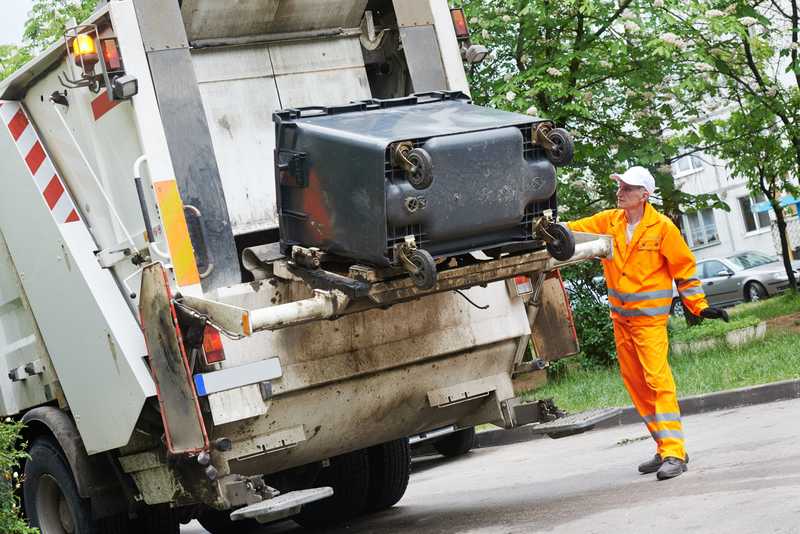5 Easy steps to make organic compost for your apartment garden
 Gardening has always been an adorable hobby but urban living and skyscrapers are making it impossible to cope up with space issues. But it is still not a dream lost in the urban setting. However, you need to manage space and spare the buck on your own, but few things still come for free and one of them is organic compost – yes, the best food for your saplings.
Gardening has always been an adorable hobby but urban living and skyscrapers are making it impossible to cope up with space issues. But it is still not a dream lost in the urban setting. However, you need to manage space and spare the buck on your own, but few things still come for free and one of them is organic compost – yes, the best food for your saplings.
Turn your household wastes into the best ingredient for your garden’s soil by organic composting. With organic composting, you are not only promoting gardening but also initiating to keep our planet clean and fresh. Here are few small steps and you are ready with the best fertilizer for your garden.
Follow the below steps to change your garbage into the most useful thing for your garden.
Choose a compost bin or container: Plenty of options are available, including countertop models that are attractive and pocket friendly cost. Living in apartments won’t give you the big space option. But you don’t need to worry. Any container will be perfect and if the apartment owners’ association has identified any specified area, it will be a good. If it is a common space- measure out at least 3 feet square and if it is a custom bin, one which can be rotated will be good to use.
Balancing carbon and nitrogen: The second step is balancing carbon and nitrogen. Put alternating layers of carbon and nitrogen rich materials with a thin layer of soil in between. Dry leaves and garden trimmings are carbon rich materials, while kitchen wastes form nitrogen rich materials.
Mixing the contents: Once the layering is over, top off the contents with soil (about 4-5 inches high). Ensure that the mixture can be turned in order to keep in moist for fostering the microbe action. It may take about 2 months for the content to turn into a good compost.
Keep a check on your compost: If the compost is properly maintained it will not smell foul. And if it does, add more carbon materials to it such as leaves, sawdust or straw. A properly balanced compost pile can stop compost smelling.
Proper ventilation: Proper ventilation is must for your compost but keep it away from sun. You may get some good bugs in your compost that help to turn the waste into a fertile element.
You need to follow these simple steps and the compost will be ready in 45-60 days time.
What to compost?
Now it comes on what to compost. You can compost food leftovers, scrapes, egg shells, orange rinds, grapefruit halves, nut shells, seed hulls and many more. You can also compost wastes like hair, hamster cage sawdust, old beer, the contents of your vacuum cleaner, and other organic but inedible items.
However, keep in mind what you cannot compost. Anything that can’t break down reasonably fast in a small container; like old magazines, t-shirts, plastic, chemicals like detergent, paint, hair dye, etc. Also, avoid fish, bones and chicken skin as the breakdown process going on can be hampered by the introduction of meat.
Nowadays when decomposing daily garbage is a global challenge, the organic composting offers you a chance to lower down this challenge a bit from your side. Turning garbage into a heap of nutrient rich soil for your garden is nothing more than magic. So, keep your surrounding clean and at the same time nourish your gardening skills with organic composting.







